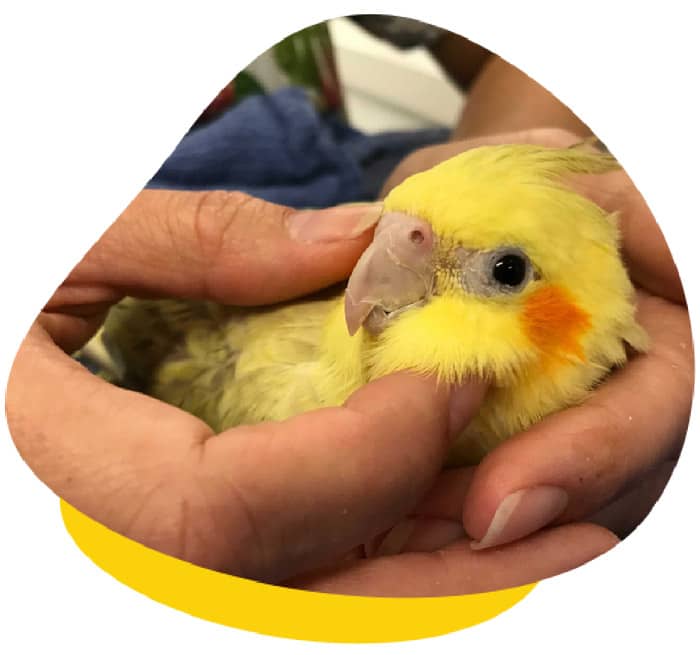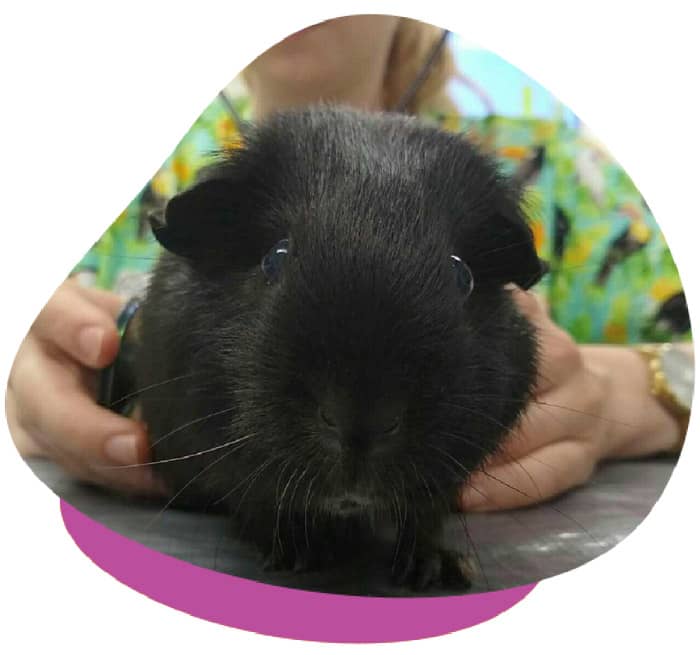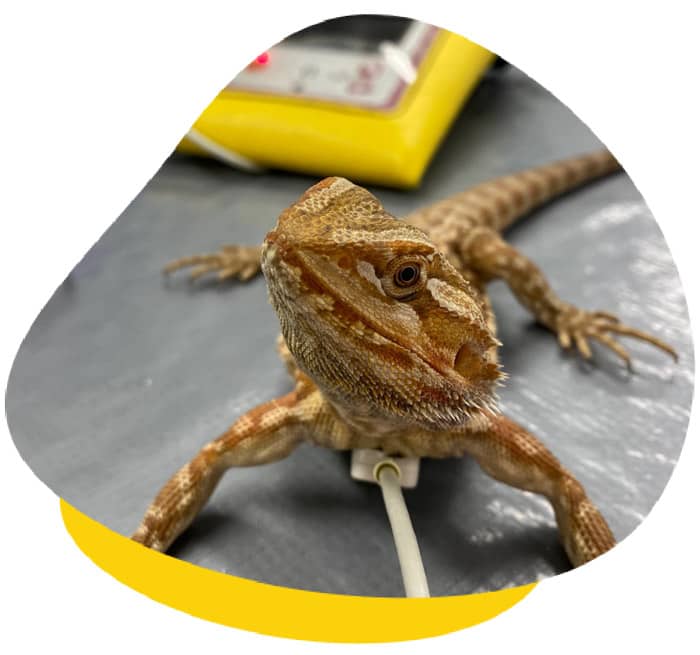Many things are special about keeping unusual pets. While it is interesting and exciting, it can also be difficult to know whether your pet is healthy and that their husbandry requirements are being met.
Unfortunately, there is a large amount of misinformation out there, as many general vet practitioners aren’t confident about exotic pets’ healthcare and husbandry needs. When it comes to exotic pet health, our knowledge and experience extend past the norm. We are the trusted experts when it comes to the health and wellbeing of extraordinary animals.




